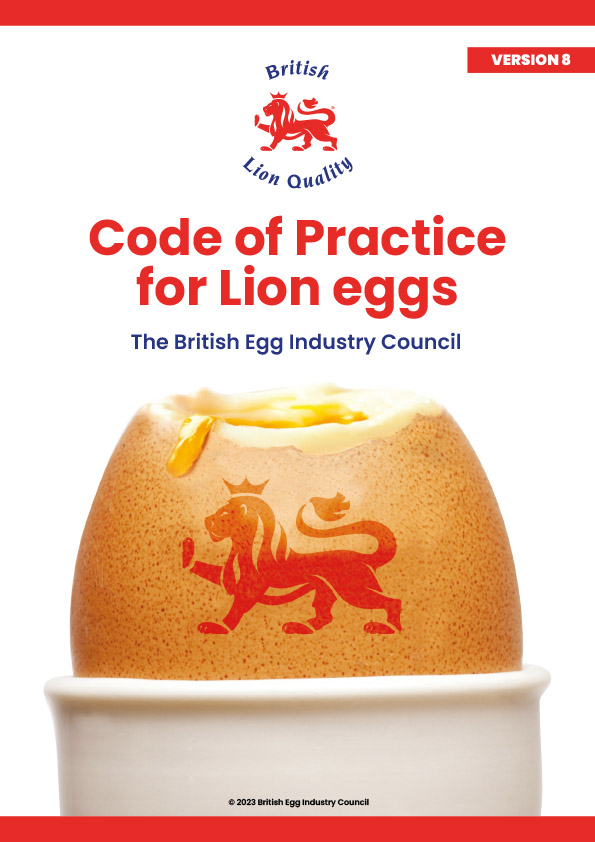The independently audited British Lion Code of Practice is the most comprehensive egg safety standard in the world and the UK’s most successful food safety scheme. It was also the catalyst for the Food Standards Agency to change its advice, to allow vulnerable groups to enjoy runny eggs after an absence of almost 30 years.
The enhanced Code, covering more than 700 auditable points – from Salmonella vaccination to complete traceability of hens, eggs and feed – includes enhanced sampling and testing, auditing and enforcement, as well as rigorous updates to rodent control, on-farm and packing centre protocols and the Lion training passport. While still primarily a food safety Code, animal welfare standards have also been brought to the fore. Version 8 is published online, allowing for future amendments to be made and distributed electronically.
Mark Williams, British Egg Industry Council chief executive, said: “The introduction of the Lion Code in 1998 effectively eliminated Salmonella and restored consumer confidence in British eggs.
“I’m proud to say version 8 is the most comprehensive Code ever launched, incorporating all the latest scientific and veterinary advice to ensure the British public gets the quality, safe eggs they expect.
“At a time when imported eggs are being sold by retail and wholesale companies due to the current temporary supply issues, it’s important that consumers know that British eggs, produced to unparalleled food safety standards, are available.”
Leading food safety advisor Sterling Crew, president of the Institute of Food Science and Technology, and chair of the Food Authenticity Network, said: “The continued and strengthened presence of the Lion Code for eggs is music to the ears of anyone involved in food safety. In my previous roles as a retailer and food manufacturer, I insisted on British Lion eggs to give me the assurance that my organisation and customers were looking for.
“The British Lion mark gives businesses and enforcement officers certainty that the eggs are safe, even if lightly cooked or raw. It is also a mark of quality, authenticity, provenance, biosecurity and animal welfare standards. The easiest way to demonstrate due diligence is by looking for the Lion stamp on shell and pack, because it is one of the most comprehensive food safety schemes in the world and is proven to work.”
To access the new Code, Lion registered sites should visit lioncodeofpractice.co.uk.

